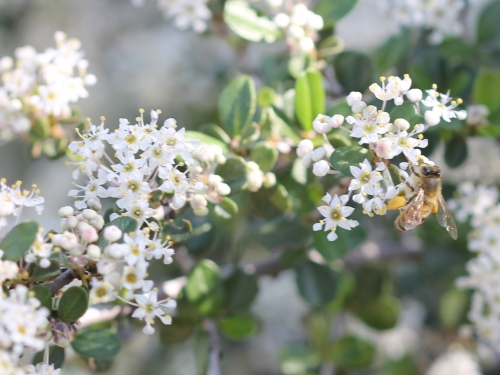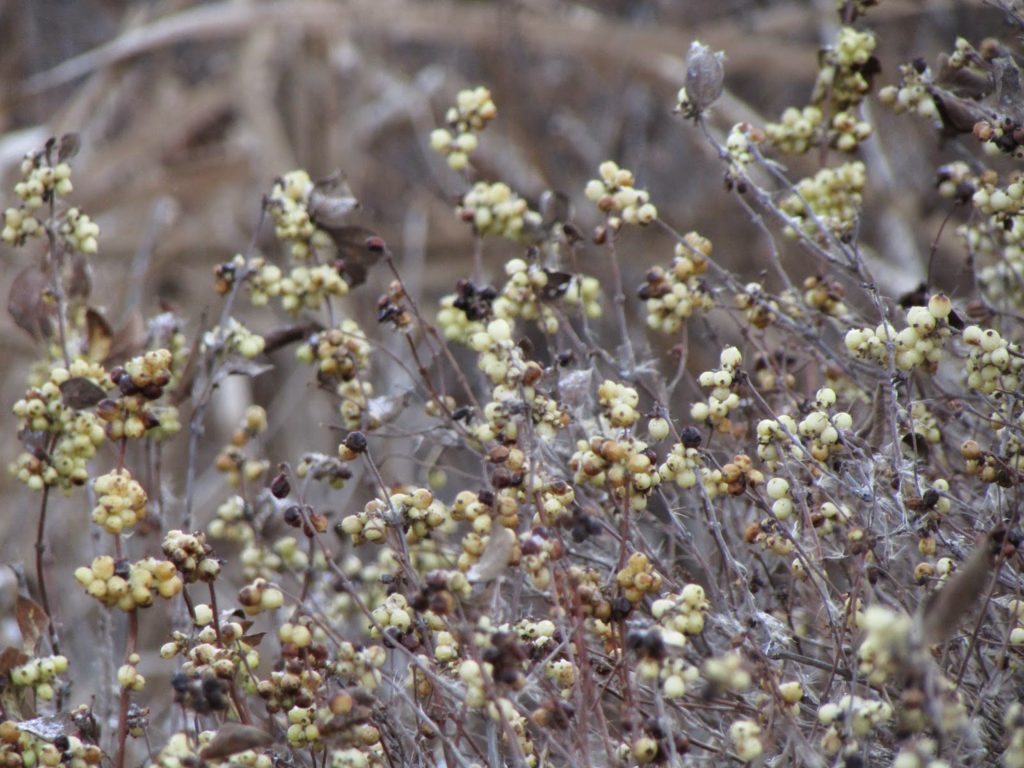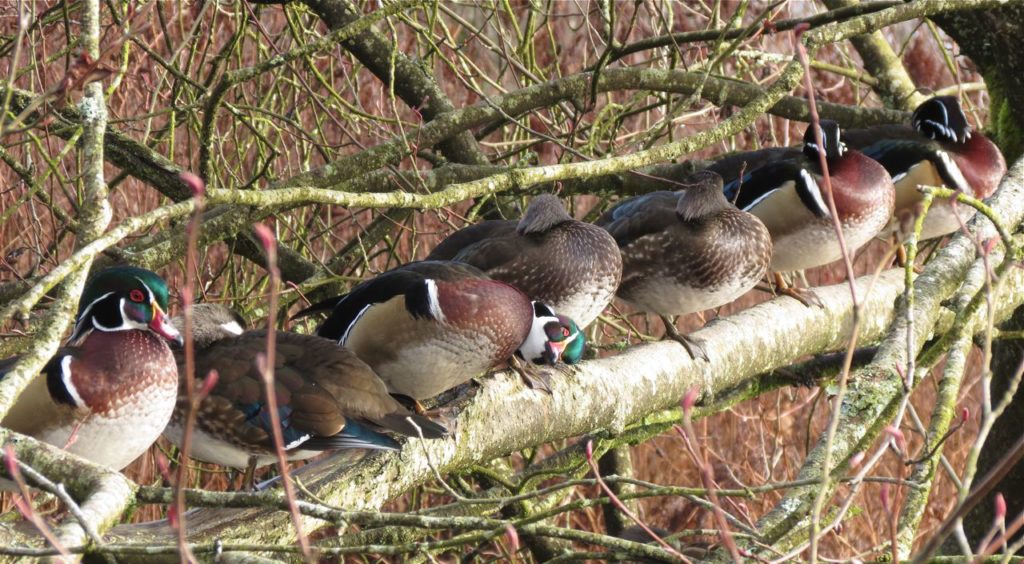Ask any farmer in North East Arkansas how they feel about “conservation” and “preserving the environment” and your likely to get an eclectic mix of answers. The truth is there’s a theme that exists among their responses that tend to run something like this: “Well I am no “tree hugger” but I care that the crops we produce are healthy for consumers and for the habitat that surrounds our farms.”
Lets be clear Farmers are NOT to blame.
There are groups out there that desire to cast the farming community as toxic waste producing, environment killers who care only about making a dollar. Anyone who has grown up in the farming community knows this is absolutely the farthest thing from the truth. Farmers care, Arkansas Farmers ESPECIALLY care about the impacts that producing their crops have, but the corporate environment is making it hard, if not impossible, for the farming community to reach a consensus on the use of dicamba on their crops.
In the fight against pigweed and other destructive weeds that are becoming resistant to herbicides, Bayer/Monsanto released dicamba-resistant genetically modified varieties of soybeans, cotton and other broadleaf crop plants to make them resistant to dicamba.

The problem is that anyone who isn’t using the same genetically modified varieties from Bayer/Monsanto risk loosing their entire crops if anyone within a few miles is using the herbicide. This poses a HUGE problem for any farmers not using the modified varieties of seed let alone organic farmers or even home gardeners like my cousin Sydney who tried to plant a garden last year. Nice try Sydney.
It’s created a situation where if one farmer is using it, every other farmer around them have to as well or they risk loosing their entire crop. As one can imagine, organic farmers and produce farmers are especially hit hard when crops surrounding their farms are using dicamba.
To combat this, Arkansas initiated a ban, Spring 2018 on the use of dicamba from April – October after the states plant board received over 1,000 complaints of crop damage.
In the hands of the Arkansas Plant Board
The Arkansas AP association is reporting that the Arkansas Plant Board committee is now recommending that the state allow farmers to use the herbicide dicamba next year, but extend protections to prevent the weed killer from drifting and damaging crops.
The board’s pesticide committee voted earlier to allow in-crop use of dicamba from Jan. 1 to June 15, the Arkansas Democrat-Gazette reported.
The group also recommended extending buffer zones for crops and other vegetation sensitive to the herbicide. Buffer zones, either a quarter-mile or 1 mile long, would vary based on certain times of year and proximity to particular areas.
The committee’s recommendations will now go before the full board, which will consider the issue Dec. 6, 2018.
The ban sharply divided farmers across the state. Some petitioned to lift the ban, saying that the herbicide is essential to halt the spread of pigweed, which has become resistant to other herbicides. But critics have said the herbicide often drifts after spraying, which can threaten nearby vegetation and ecosystems.
Dicamba
The Ducks and the damages
Richard Coy, Arkansas largest beekeeper, appeared on the Dave Elswick show explaining to viewers about the observations made in his bee’s honey production since the use of dicamba.
“Our honey bee populations decreased by 50% which tells us the health of our hives decreased by 50%. Dicamba kills plants, so anything that feeds on the plants it will affect. “
Dicamba acts like a natural plant hormone known as auxins which alter a plants reproductive cycle. These hormones help control plant growth and flowering. When plants are treated with dicamba, they grow in abnormal and uncontrollable ways, and often, the plants die. Dicamba is primarily used on many broad leave weeds and woody plants. The plants in sense become steril, still perhaps flowering but they cannot reproduce.
“This summer as I was seeing the damage from the herbicide on the vegetation that the bees rely on, there is a specific tree that the bees collect alot of nectar and pollen from and it is called the buck brush or button willow tree.

Duck hunters know about buck brush swamps. When the button willow blooms it puts on multiple blooms and it produces seeds and those seeds are eaten by the ducks.” said Coy.
Buckbrush essential to ducks
Buckbrush provides essential roosting habitat as well as food for waterfowl. Buckbrush thickets spell security for birds. With duck numbers dropping slightly in the delta already this year, many are wondering what affect this could have on waterfowl in the future. When considering the possible impact on the waterfowl industry as a whole the scope of the problem becomes clearer. The water fowl industry generates big time revenue in the state for sales and recreation.

Many farmers and land owners themselves run and participate in the numerous waterfowl conservation programs that actively work to protect waterfowl habitat, this possibly puts them in an incredible predicament.
“What I was noticing this year is that the plant only bloomed about 30% of its normal bloom. I know that because in the middle of July when those trees bloom and the bees are collecting honey, this year I had to actually feed my bees because there wasn’t enough nectar coming in from those trees to provide enough food for the bees. They are a native plant and most of the plants that I am concerned with are “native” plants.” said Coy.
“I went to the Arkansas Heritage Commission and we had a conversation about this damage. The Arkansas Heritage Commission is supposed to be protecting the “native” aspects of our state and when she asked me “So what herbicide are we talking about?”
I said “Dicamba.”
And she said “Well who makes dicamba?”
And I said “Monsanto makes dicamba.”
She informed me that this conversation was over and I could leave the building. She also stated I would be better served going to the public and that the state would not be able to help me with this problem.”

Richard Coy isn’t alone. Scatter Creek Berries and Produce of Beach Grove, Arkansas have also spoke out against the use of Dicamba and the affect it has had on their farm on their companies Facebook page.
“Folks this issue is critical and needs exposure. The Arkansas State Plant Board is well on its way to hurting farmers and consumers across the state. This threat is real and very near, the time to speak up is now.”
According to the AP, the Environmental Protection Agency ruled in October to allow the herbicide’s use on soybeans and cotton for the next two years and approving dicamba formulations by Bayer BASF and Dow-DuPont. The EPA also added new restrictions that all applicators must be certified to spray the herbicide.
The federal agency announced the decision to allow the spraying of the herbicide for the next two years, despite concerns from some farmers and scientists who say it can drift and damage other crops and vegetation, reported the Arkansas Democrat-Gazette.
It’s clear the Arkansas Plant Board will have much to discuss as the future of the Arkansas Farmer hangs in the balance between corporate greed and whats best for the farmer and the environment.

